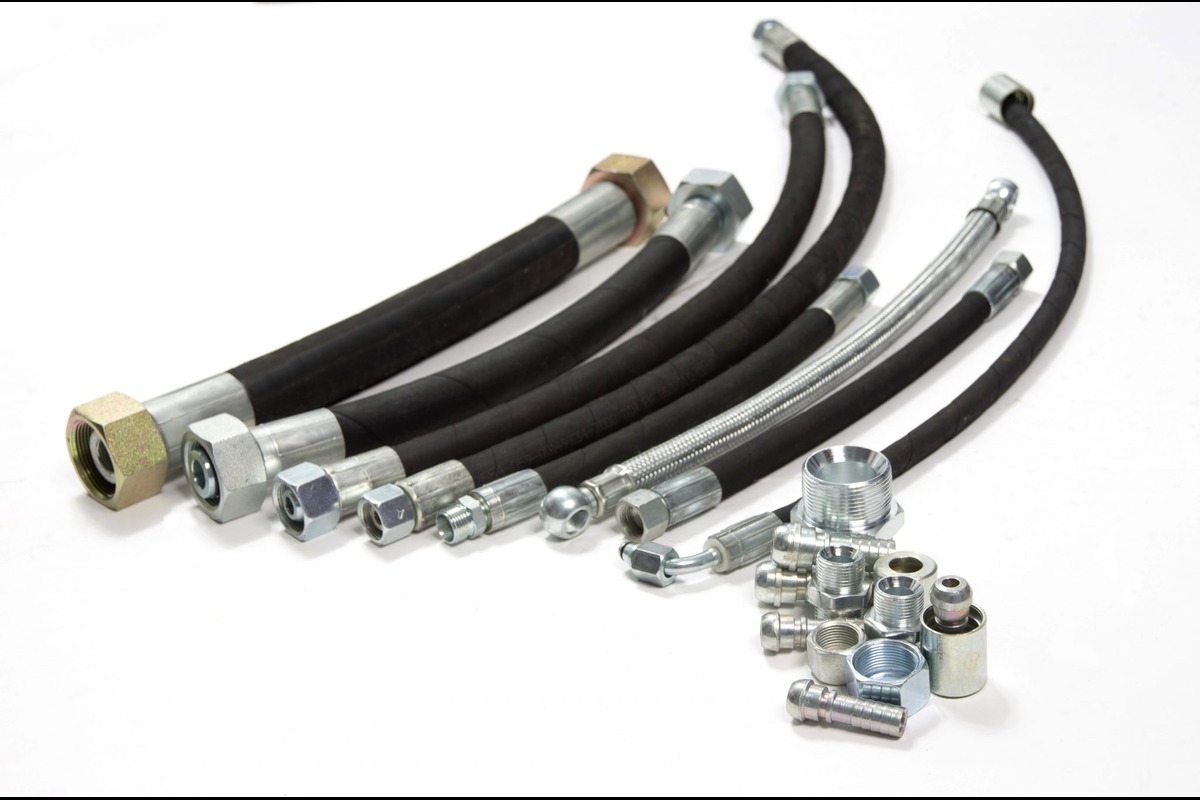Reliable and high-quality hoses are vital for the efficient and safe transportation of fluids, gases, and other materials in various industrial sectors. Industrial hoses are integral in operations ranging from manufacturing and construction to chemical processing and oil and gas extraction. This article explores the significance of industrial hose supply, the types of hoses available, and essential considerations for selecting the right supplier.
The Importance of Industrial Hose Supply
Industrial hoses are vital for maintaining the seamless flow of materials necessary for industrial processes. The effectiveness and safety of these activities are largely dependent on the quality and reliability of the hoses used. A well-maintained and adequately supplied hose system can prevent costly downtime, enhance productivity, and ensure the safety of workers and equipment.
- Efficiency and Performance
High-quality industrial hoses ensure the efficient transfer of materials, reducing the risk of blockages, leaks, and other interruptions that can hamper operations. Reliable hoses minimize downtime and increase overall productivity.
- Safety and Compliance
Using suitable industrial hoses is essential for maintaining safety standards and regulatory compliance. Properly selected and maintained hoses reduce the risk of accidents, spills, and exposure to unsafe materials, protecting workers and the environment.
- Durability and Longevity
Industrial hoses are exposed to harsh conditions, including extreme temperatures, high pressures, and abrasive materials. Quality hoses designed for specific applications are more durable and have a longer lifespan, minimizing the need for frequent replacements and repairs.
Types of Industrial Hoses
Industrial hoses come in various types, each designed for specific applications and environments. Here are some common types of industrial hoses:
- Air Hoses
Air hoses are used for pneumatic applications, supplying compressed air to tools and equipment. They are usually made from rubber or PVC and designed to withstand high pressures.
- Water Hoses
Water hoses convey water in various industrial processes, including cooling, cleaning, and irrigation. They are made from materials resistant to water and other liquids, such as rubber, PVC, or polyurethane.
- Chemical Hoses
Chemical hoses are designed to transport chemicals and other hazardous materials safely. They are made from materials resistant to chemical corrosion, such as PTFE (Teflon), EPDM, or nitrile rubber.
- Oil and Fuel Hoses
Oil and fuel hoses transfer petroleum-based products, including oil, gasoline, and diesel. These hoses are made from materials resistant to oil and fuel, such as nitrile rubber or thermoplastic.
- Food and Beverage Hoses
Food and beverage hoses are designed to transfer food products and beverages hygienically. They are made from FDA-approved materials, such as silicone or PVC, and are contamination-resistant.
- Material Handling Hoses
Material handling hoses convey bulk materials, including powders, granules, and abrasive materials. They are made from durable materials like rubber or polyurethane and are designed to withstand abrasive conditions.
Key Considerations When Choosing an Industrial Hose Supplier
Selecting the right industrial hose supplier is critical for ensuring your hose systems’ efficiency, safety, and reliability. Here are some required factors to consider when choosing a supplier:
- Product Range and Quality
A reputable supplier should provide a wide range of high-quality industrial hoses suitable for various applications. Look for suppliers with detailed product specifications and certifications to ensure the hoses meet industry standards.
- Technical Support and Expertise
Choose a supplier with technical support and expertise in hose selection, installation, and maintenance. Knowledgeable suppliers can help you choose the proper hose for your specific needs and provide guidance on proper usage and care.
- Customization Options
In some cases, standard hoses may not meet your specific requirements. A supplier who offers customization options can provide tailored solutions, such as hoses with specific lengths, fittings, or materials.
- Reliability and Delivery
Trusted suppliers should have a proven track record of consistent product availability and timely delivery. Ensure the supplier has efficient logistics and inventory management to meet your demands promptly.
- Safety and Compliance
Choose suppliers who prioritize safety and compliance with industry regulations. Ensure their products are certified and adhere to relevant safety standards to protect your operations and workers.
Conclusion
The supply of industrial hoses is critical to maintaining efficient and safe industrial operations. By understanding the importance of high-quality hoses, the various types available, and critical factors to consider when selecting a supplier, you can ensure that your hose systems contribute to the overall success of your operations. Investing in reliable industrial hose supply enhances efficiency and productivity. It safeguards the health and safety of your workforce and the environment.
